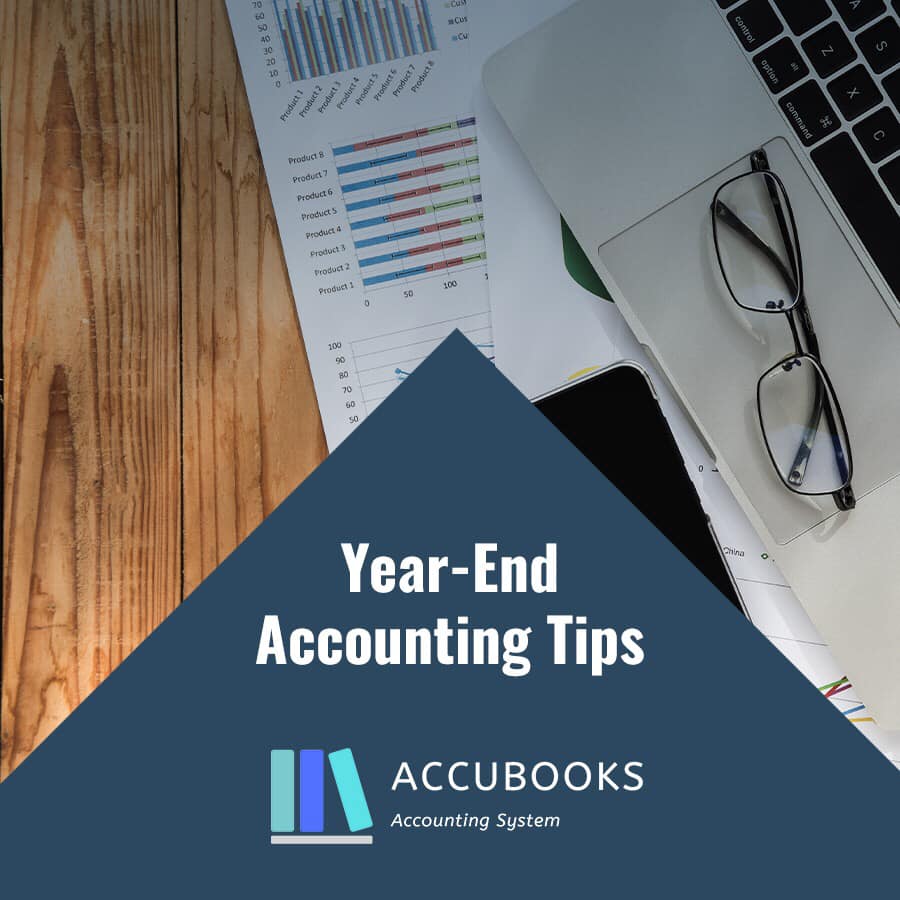1. Use Accounting Software
If you run a small business, gathering receipts in show boxes and printing dozens of excel sheets for your accountant just doesn't cut it. You need an accounting software that will help you out consolidate all these things. There are many, affordable cloud-based accounting programs that are easy to use and can help immensely with your year-end accounting.
Not only will accounting software keep you more organized, almost all good accounting software has key year-end features like income tracing, expenses tracking, inventory management and employee management. Accounting softwares let you run key accounting reports that you will need to close the books and file taxes.
2. Update Your Finances
If you are already using an accounting program, make sure your finances are up-to-date. Add forgotten invoices, record missed checks, and make sure all expenses are accounted for. The best way of doing this is to reconcile your bank accounts.
A great tip to make year-end accounting easier is to reconcile your accounts once a month. This way, you only have a small amount of work to do at the end of the year.
3. Separate Personal and Business Expenses
Make sure you separate all your business expenses from your personal expenses. Failing to do this is one of the most common reason in handling cashflows.
4. Count Your Inventory
At the end of the your accounting year, do an inventory count of all your products and assets to verify and match the actual count with the records in the books. This will also establish the accuracy of the figures in the financial statements.
5. Do Some Records Cleaning
Closing the books is a great time to get organized. Do some checking of your vendors list, customer list, product list, chart of account list, employee list and all other records and details related to financial transactions. Doing some cleaning would help you eradicate irrelevant details and records and will help you focus on the most important things that your business needs.
6. Run Necessary Reports
Once all of your financial information is up to date, you'll need to run a Balance Sheet and an Income Statement. Carefully analyze both reports to ensure they are accurate. You can also take this time to run other key reports that your accountant will need for taxes like expense report, sales tax summary, mileage log and payroll summary.
7. Close the Books
Many accounting programs have a helpful feature where you can actually close and lock your books. This trick ensures that no one can adjust or add transactions to a period that is already closed.
Before you close the books, make sure you consult your accountant to verify that your books are properly balanced and give them the opportunity to perform last-minute journal adjustments.



-1748399375.png)

-1742456856.png)

 (19)-1723771883.png)
 (17)-1721953744.png)